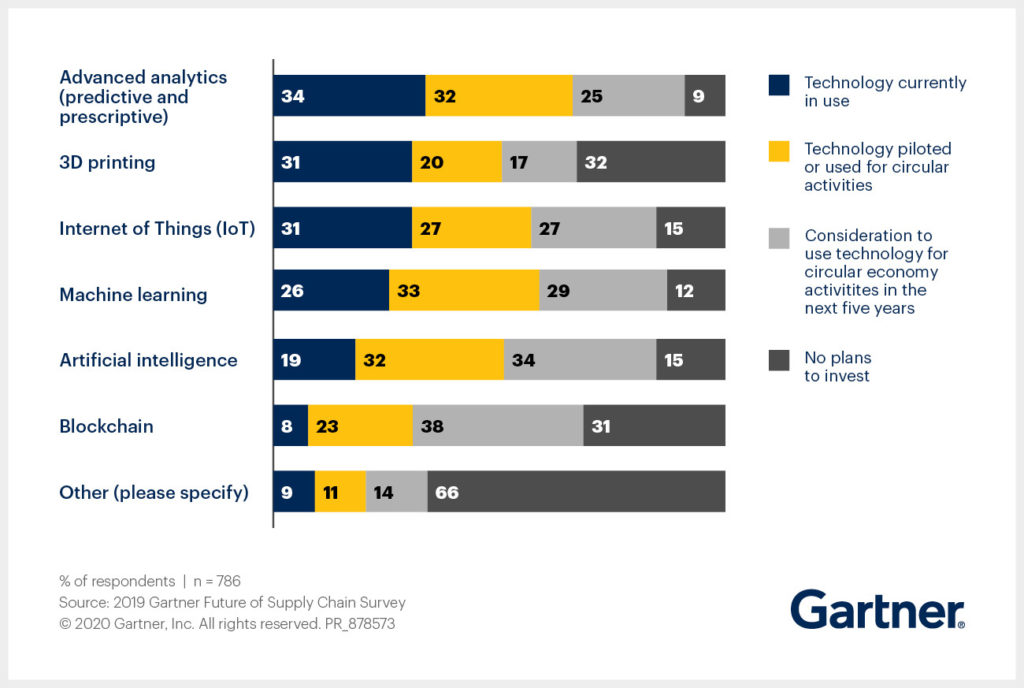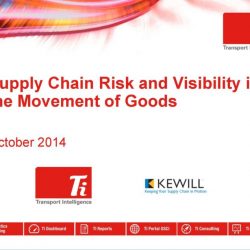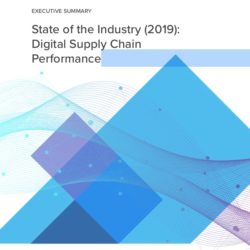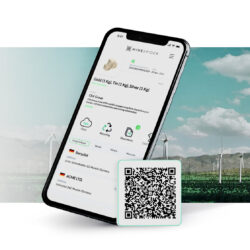70% of supply chain leaders plan to invest in the circular economy

The large majority – 70% – of supply chain leaders are planning to invest in the circular economy over the next 18 months, according to a recent survey by international research and advisory firm Gartner. So far, however, only 12% of them have actually linked their digital and circular economy strategies together.
“The circular economy creates an ecosystem of materials,” says Sarah Watt, senior director analyst at Gartner. “What was previously viewed as waste now has value. However, those ecosystems are complex and include many interdependencies and feedback loops. Digital technology has the potential to provide visibility and enable improved decision making when it comes to raw materials and services.”
35% of companies already believe that digital technology will be a key enabler for their circular economy strategies, but very few are leveraging the technology for this purpose yet, according to Watt. Gartner’s Future of Supply Chain Survey gathered data from 1,374 respondents responsible for supply chain and related functions across a broad range of industries including high-tech, healthcare, retail and logistics.
Combining technologies
Gartner believes it is not a case of there being just one single technology that will enable organizations to move towards a more sustainable economy. Instead, several combinations can lead to this outcome. The survey results show that organizations focus on four key technologies to advance their circular economy activities: advanced analytics, 3D printing, the Internet of Things (IoT) and machine learning (ML) (see figure below).
“It’s interesting to see that only a few organizations are currently using blockchain. However, 38% of respondents are planning to explore the use of blockchain for the circular economy in the next five years,” adds Watt. “For example, the technology can be used to give materials a single digital identity and to enable trade and pay-per-use, although we are yet to see scaled use cases of blockchain for the circular economy.”
Reverse logistics
The top four areas of the supply chain where digital technology is being applied are: delivery (46%), customer engagement (45%), manufacturing and remanufacturing (43%), and planning (43%). Only 27% of respondents are currently using digital technologies to improve reverse logistics, but 39% plan to do so within the next two years. Companies are particularly looking at how to take back products for reuse, refurbishment or recycling, which Watt describes as “an important step on the way to the circular economy”.











